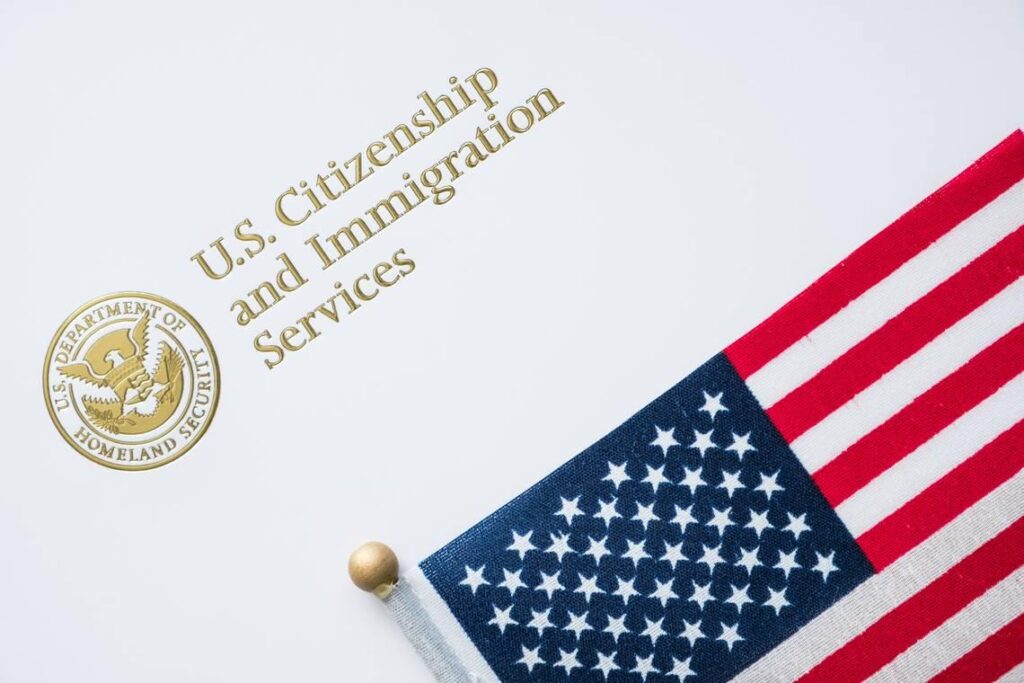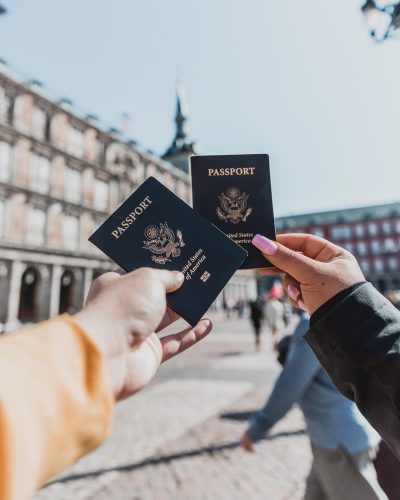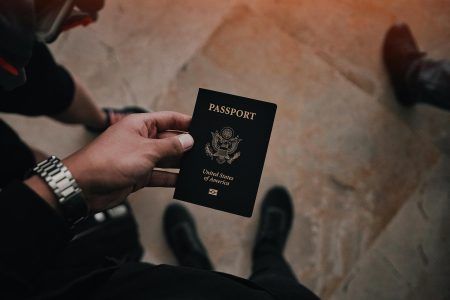immigration
Most Common Visas

Here we discuss only the most common types of visas used for business people interested in having or operating a business in the United States, and who have an eye towards emigration or for people wishing to permanently reside in the United States.You should seek counsel (an Immigration Attorney) to determine which visa is best suited to your needs and legal advice. If you need a recommendation, we can help you. Secondly, it is useful to state the obvious, that is the USCIS (United States Customs and Immigration Service) will do background checks (no drug dealers, criminals, etc.) and since the visas we will be discussing in detail all require an investment, the USCIS looks to see that the funds are not derived from a criminal enterprise (directly or indirectly). That being said, the funds can come from the visa applicant, their business directly, or can usually be gifted from one family member to another (Parent to Child for example). Without a valid visa or other authorization from the USCIS, no foreign national has the right to be physically present or work in the U.S. Non-immigrant (temporary) Visas are permissions authorizing entry to the U.S. for a specific purpose and for a defined time period.
Different Types of Visas
The United States offers many different types of visas for entry and/or residence. For simplicity purposes the non-business related can be broken down into the following categories:
- Travel (ESTA, B2 Visa for Tourists, and B1 Visa for Business Visitors)
- Diversity Visa
- Family Visas (K1 Visa for Fiancés and K3 Visa for Spouses)
- Trainee Visas (H3 Visa, J1 Visa for Interns, J1 Visa for Physicians, and J1 Visa for Trainees)
- Student Visas (F1 Visa – High School, M1 Visa – Vocational, J1 Visa for University Students and J1 Visa for Secondary Students)

The Following is an Overview of the Different Visas Used forCommercial or Business Purposes:
- B-1 Visas:Temporary business visa (similar to tourist visa but for business).
- H-1B VisasProfessionals in specialty occupations.
- H-2B Visas:Seasonal non-agricultural workers.
- H-3 Visas:Training of US Citizens in various disciplines.
- L Series Visas:Intra company transfer. These visa can convert into a green card.
This is a key visa type for people wishing to obtain permanent residency. For more information click on the button at the bottom of this page.
- O Visas:Persons of extraordinary ability.
- P Visas:Professional artists, athletes, and entertainers.
- TN Visas:Mexican and Canadian workers.
- E Series Visas:These visas are non-immigrant classification that allow a national of a treaty country (a country with which the United States maintains a treaty of commerce and navigation) to be admitted to the United States solely to engage in international trade on his or her own behalf. In addition, certain employees of such a person or of a qualifying organization may also be eligible for this classification:
- E-3 Visas are visas for which only citizens of Australia are eligible
- E-2 Treaty Investor Visas are based on treaty agreements which we maintain with certain countries. Note this one does not require an international trade component.This is a key visa type for people wishing to obtain permanent residency. For more information click on the button at the bottom of this page.
- E-1 Visas are issued to foreign nationals who want to enter the United States in order to engage in a “substantial trade” between their country of origin and the United States. The trade refers to the international exchange of goods, services, money, and technology.
10
EB Series Visas are employment and investment-based residency categories:
- EB-1 classification includes:Multinational Executive or Manager of a Company linked to Investment based residency and individuals with extraordinary ability in the arts, sciences, education, business or athletics; to outstanding professors or researchers.
- EB-2 classification includes:Professionals with Advanced Degrees or Persons with Exceptional Ability. Applicants are “professionals holding advanced degrees or their equivalent” and those “who because of their exceptional ability in the sciences, arts, or business will substantially benefit the national economy, cultural, or educational interests or welfare of the United States.”
- EB-3 classification includes:Non-US Citizens with at least two years of experience as skilled workers; Professionals with a baccalaureate degree; and other workers with less than two years’ experience, such as an unskilled worker who can perform labor for which qualified workers are not available in the United States. You should be aware that a long waiting period exists for residency in this category.

- EB-5 Investment Visas with Green Cards attached (permanent residency). They come in two flavors:

- EB-5 Investment Green Card (Traditional Direct Program) – Permanent Residency/Green Card program.
- Investor must purchase or start a Non-Passive
- The Investment must be at least $1 million or $500,000 in qualifying locations.
- Investor must manage and operate the business.
- The Investment must create at least 10 new U.S. jobs.
- Must live near the business (within commuting distance).
- Conditional Green Card will be issued to the investor, spouse and children under 21. After two years and with 10 U.S. workers being employed, they convert to Permanent Green Cards.
- EB-5 Investment Green Card (Regional Center Program) – Permanent Residency/Green Card program.
- Regional Centers are Private Businesses that allow multiple investors to assist them in expanding their Business objectives. Regional Centers are generally low in risk and will afford the investor a low return on investment and typically the ability to recoup their investment in 5 to 6 years.
- Investor must generally invest $1 million or $500,000 in qualifying locations into a Certified Regional Center.
- Management by investor is on a very limited basis and investor does not need to live near location of business. However, they must have a U.S. residence.
- A Conditional Green Card will be issued to the investor, spouse and children under 21. After two years and with 10 U.S. workers, per investor, being employed, they convert to Permanent Green Cards.
- Regional Centers are numerous. Regional Centers compete strongly for foreign national investment funds. It is important that investors retain a knowledgeable law firm and/or other professionals to represent them when analyzing the Regional Center Options. In either option, if the two year and ten employees’ criteria is not met or the business goes out of business. you do not get a green card and you lose your visa. This is the easiest way to obtain a “Green Card” – for more information click on the button at the bottom of this page.

